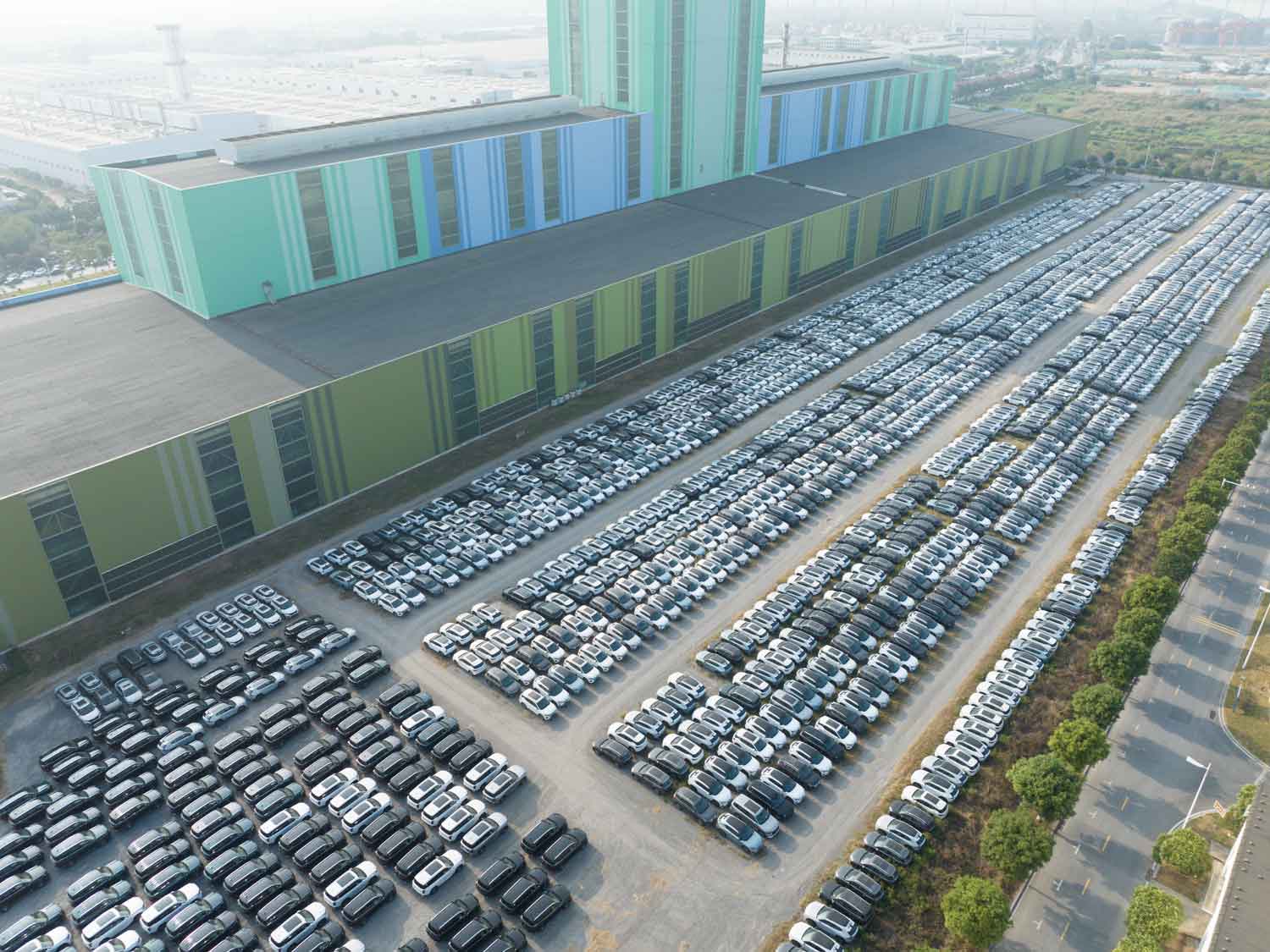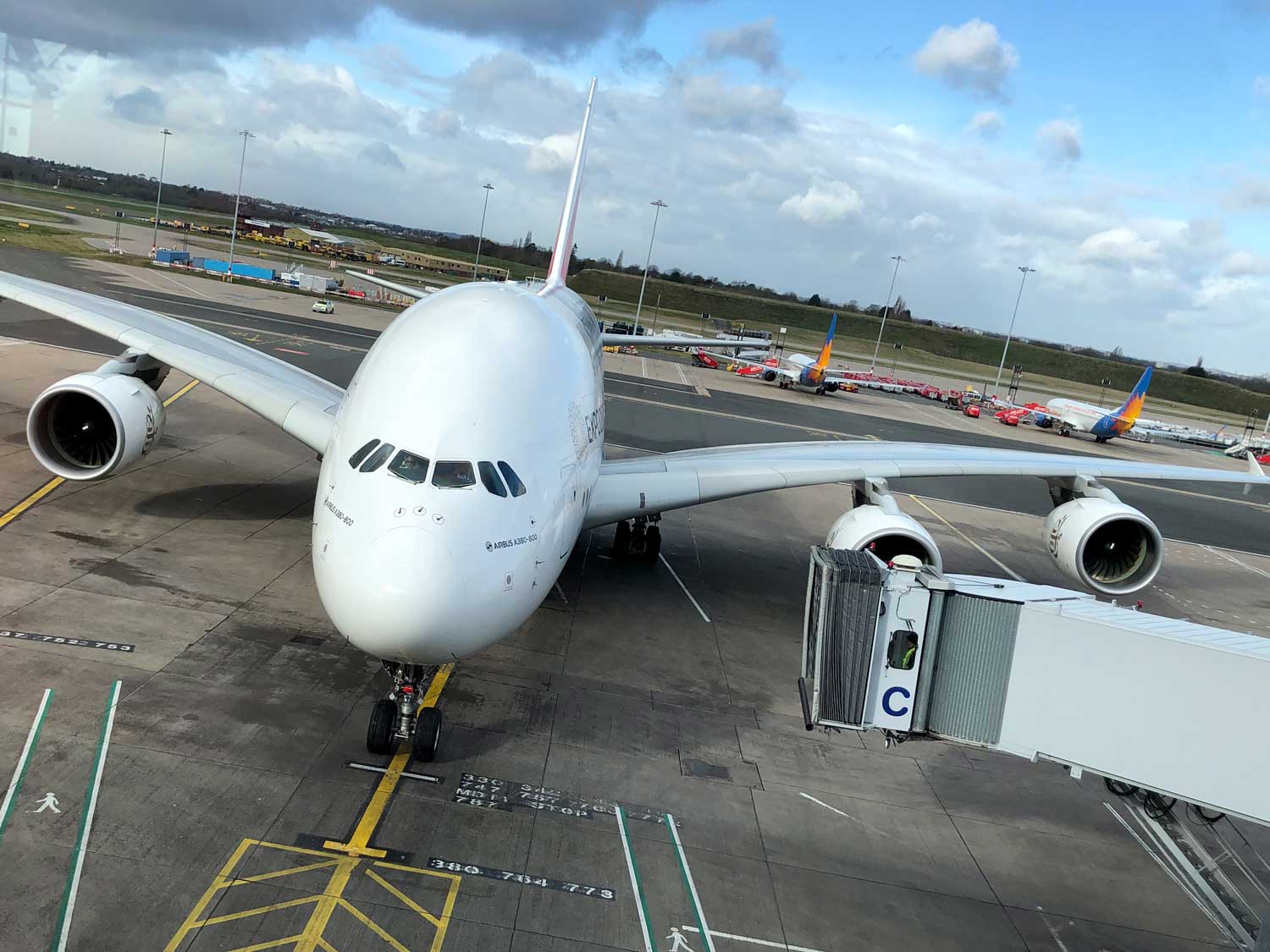From the 2 April the US will impose a 25% tariff on all imported cars and light trucks. The tariffs, unveiled in a 26 March White House proclamation, are being implemented in phases, with vehicle components including engines and transmissions following on 3 May.
The decision to impose blanket tariffs on imports from long-standing trade partners like Canada, the EU and UK has already rattled brands, OEMs and suppliers worldwide. For European manufacturers, the new regime poses a direct threat to export volumes and profitability, particularly as the US remains a vital sales destination.
More than 20% of Europe’s vehicle production is exported to North America and these exports now face total levies of up to 40–50% when accounting for existing duties and the potential for retaliatory measures. The pressure on European OEMs is compounded by the possibility that preferential access through the United States-Mexico-Canada Agreement (USMCA) and other free trade agreements may not offer meaningful relief.
While automakers with established US production footprints may find temporary shelter from the storm, the longer-term implications are clear: export-led models are at risk, and global production strategies may need to be reengineered.
Unravelling the Supply Chain
The disruption extends well beyond finished vehicles. Starting in May, key components like transmissions and electrical systems will also attract the same 25% tariff. Even parts currently exempt under USMCA will soon face tighter scrutiny, as only components with certified US origin will remain duty-free.
This poses a particular challenge for tier-one and tier-two suppliers in Europe, many of whom rely on just-in-time delivery models and long-standing transatlantic flows. OEMs on both sides of the ocean are now under pressure to regionalise production, adjust sourcing strategies, and build resilience into their logistics networks.
European manufacturers will likely bear the brunt of rising costs, as shipping cars or components into the US becomes significantly more expensive. With retail prices potentially rising by $4,000–$12,000 per vehicle, demand is expected to falter, affecting everything from factory output to logistics flows and dealer inventory management.
In Europe, the implications extend beyond car exports. The wider automotive value chain, encompassing thousands of suppliers, technology firms, logistics providers and transport networks, is now being forced to confront a scenario where US market access becomes increasingly conditional, and long-standing production economics are thrown into question.
Short-term spikes in vehicle and parts shipments are expected before the tariffs take full effect, as manufacturers race to front-load deliveries.
As global trade policies shift and new tariffs reshape supply chains, proactive planning is more critical than ever. At Metro, we leverage award-winning services and deep industry expertise to help automotive brands, manufacturers and OEM’s navigate evolving trade barriers, regulatory changes, and supply chain disruptions.
Whether you need to mitigate the impact of tariffs, ensure compliance with new regulations, or adapt sourcing/export strategies, our tailored solutions keep your supply chain resilient and competitive.
EMAIL Andy Smith, Managing Director, today to explore how Metro can safeguard your supply chain and support your business in 2025 and beyond.





